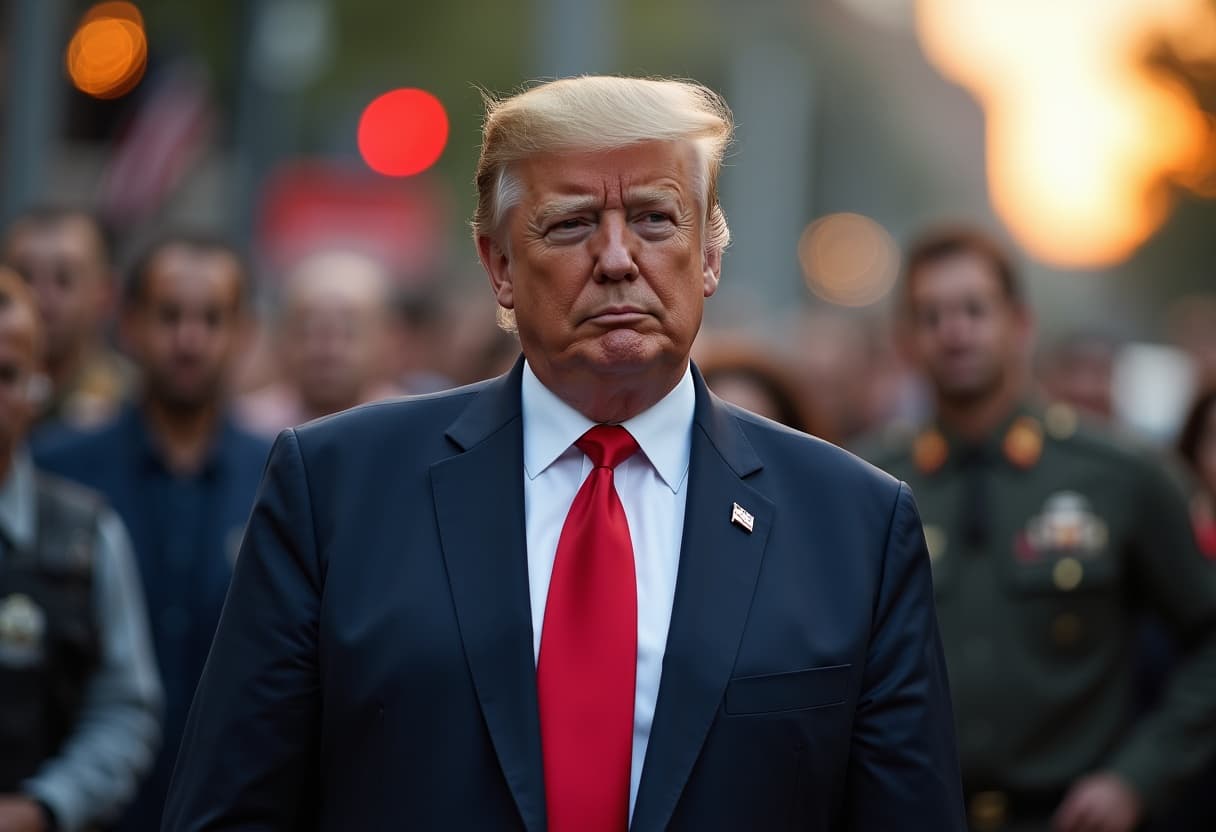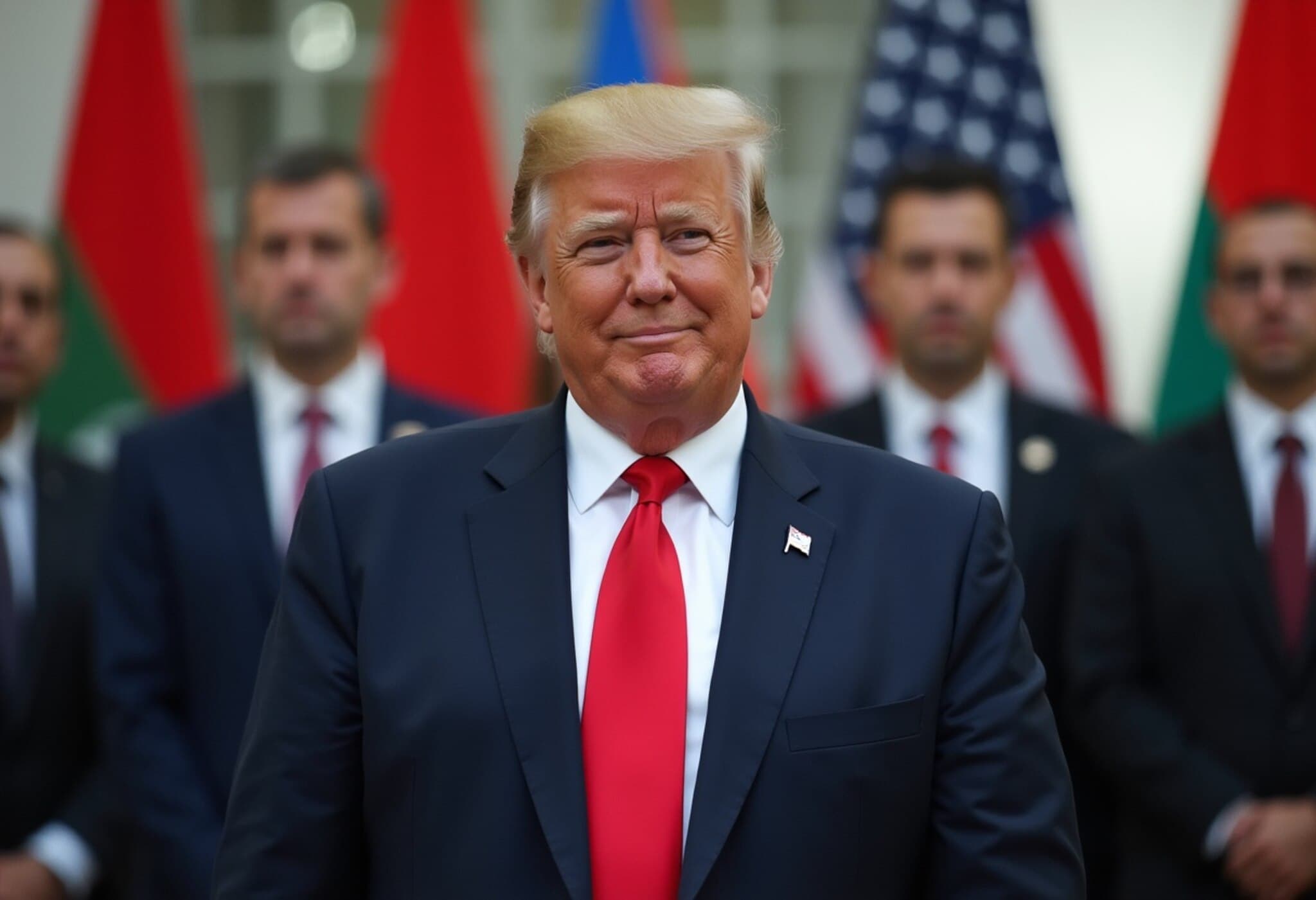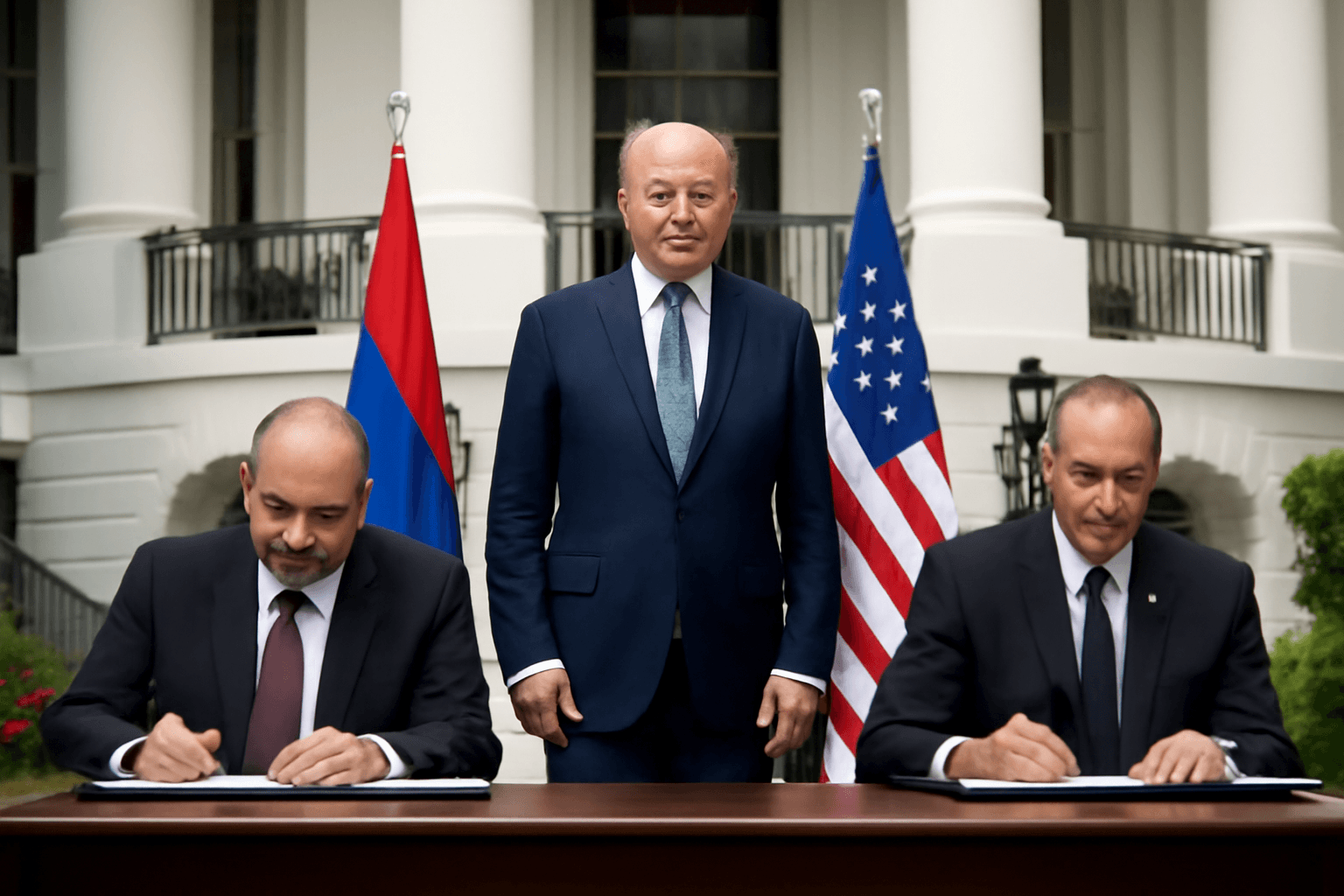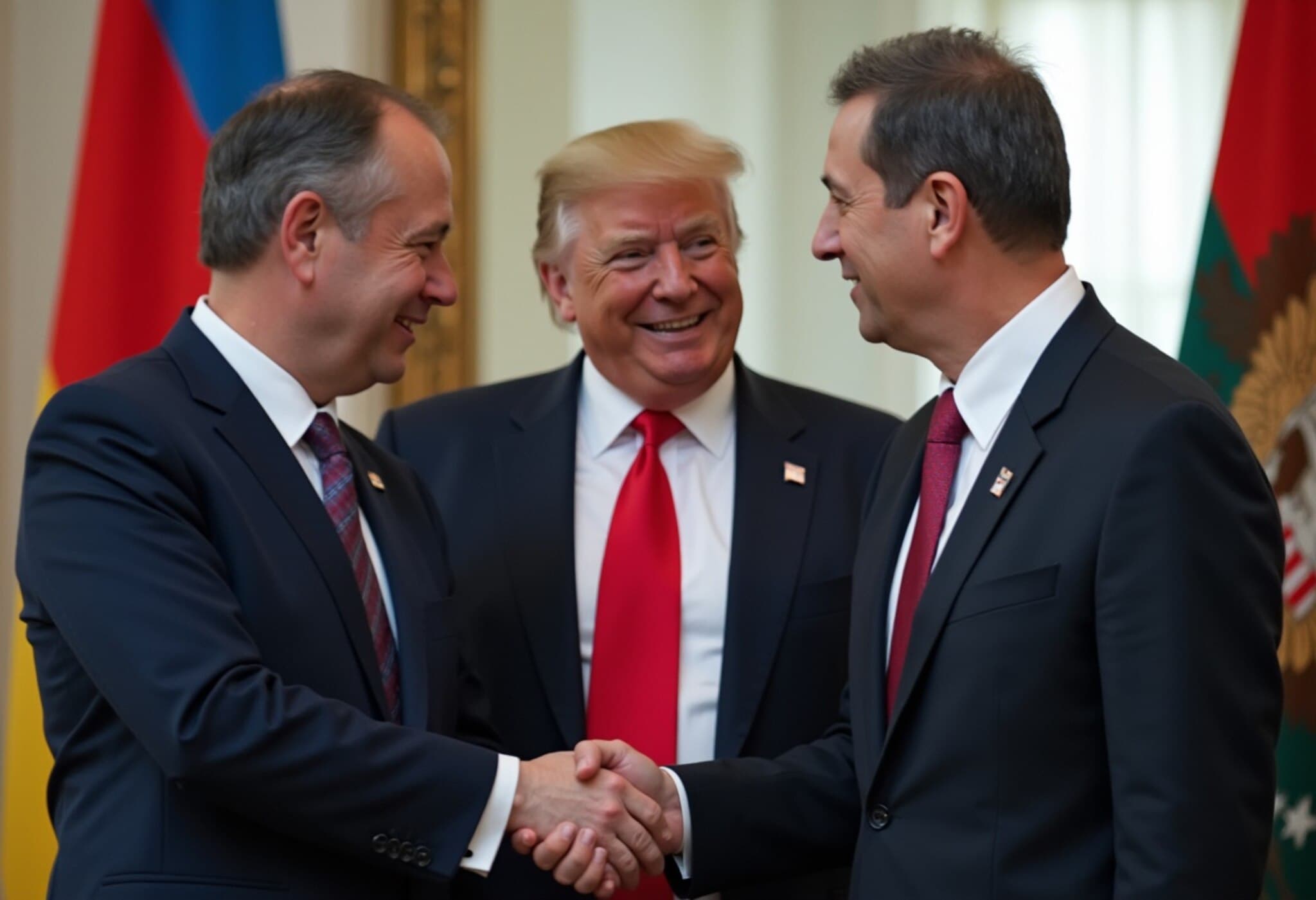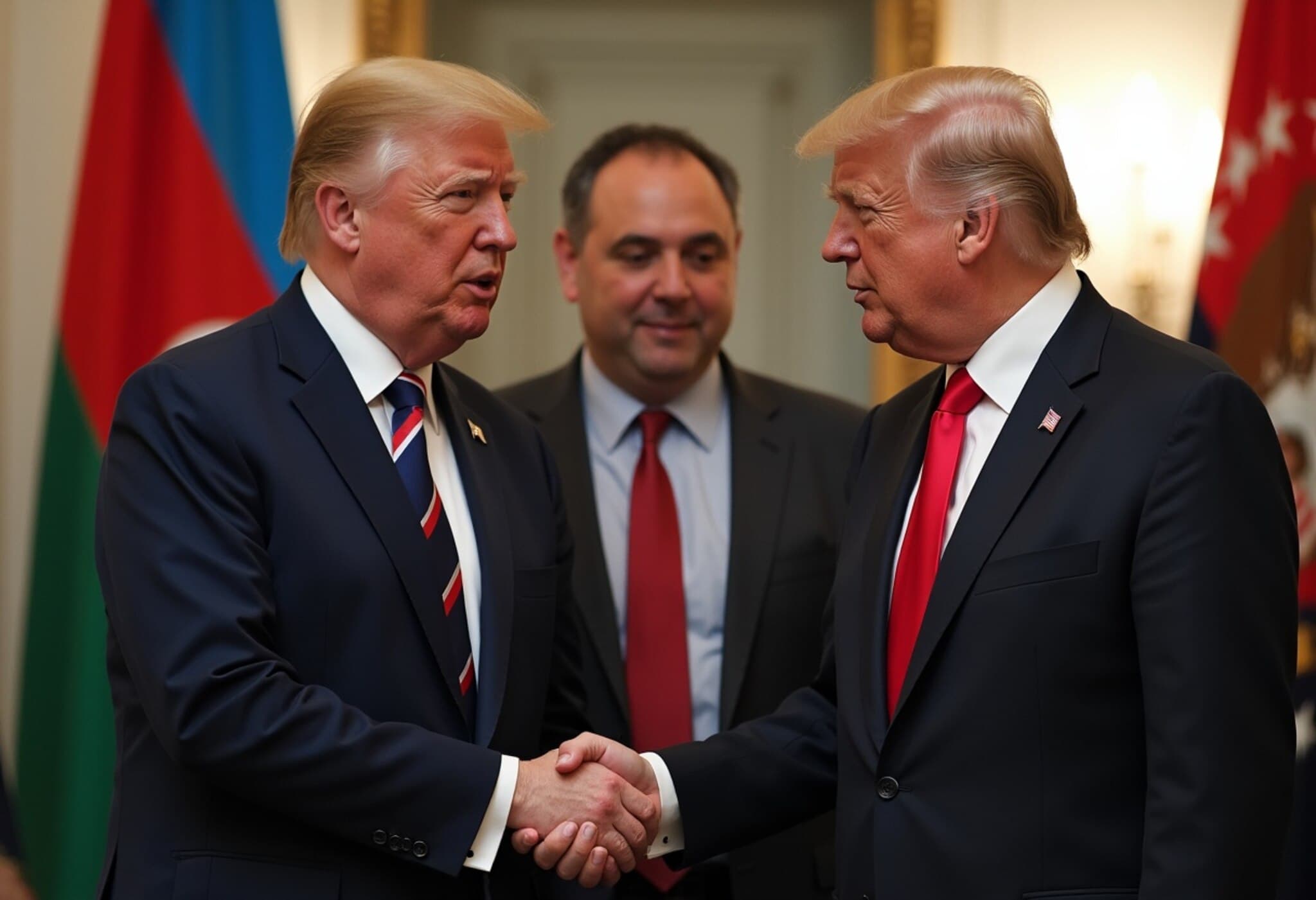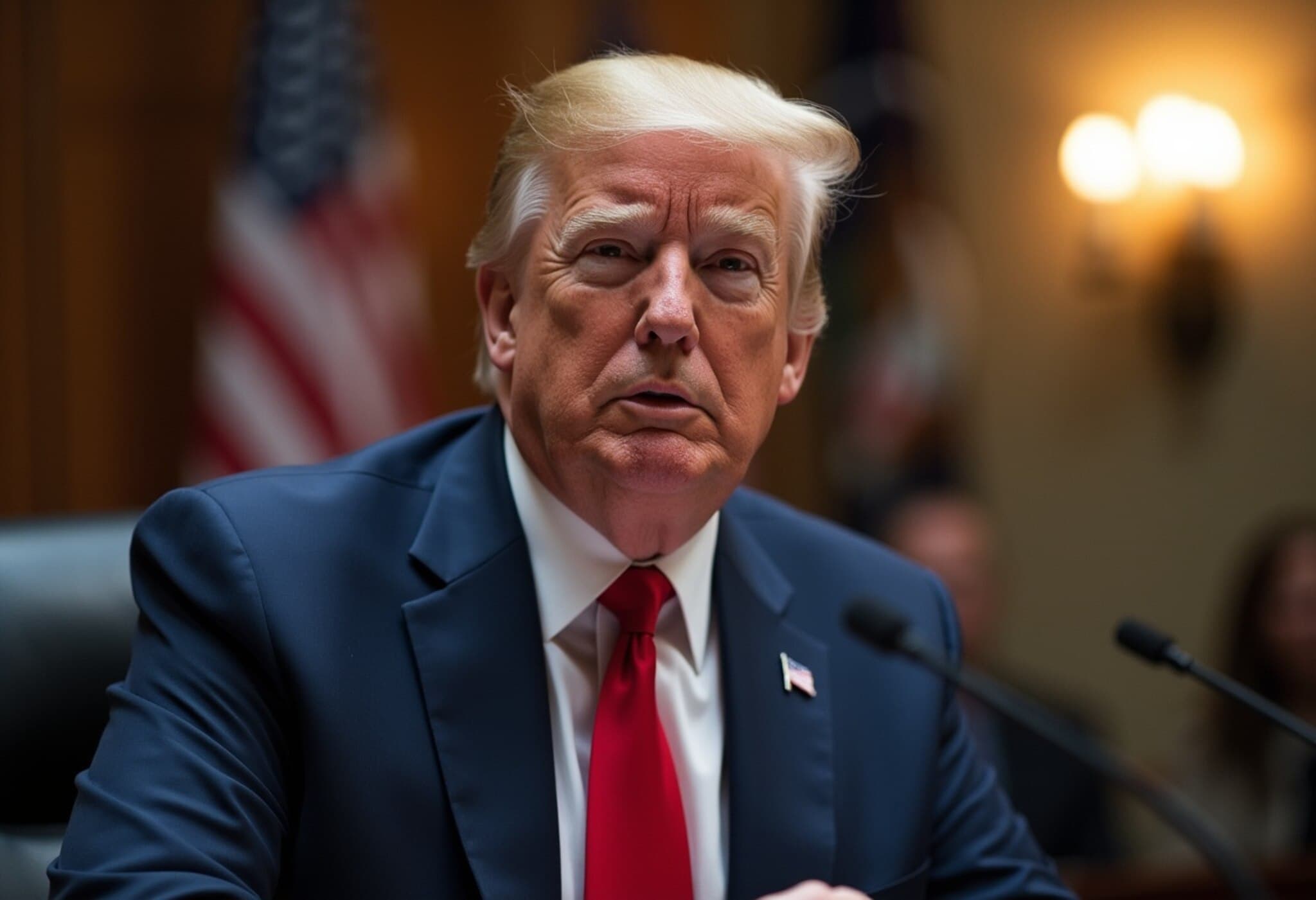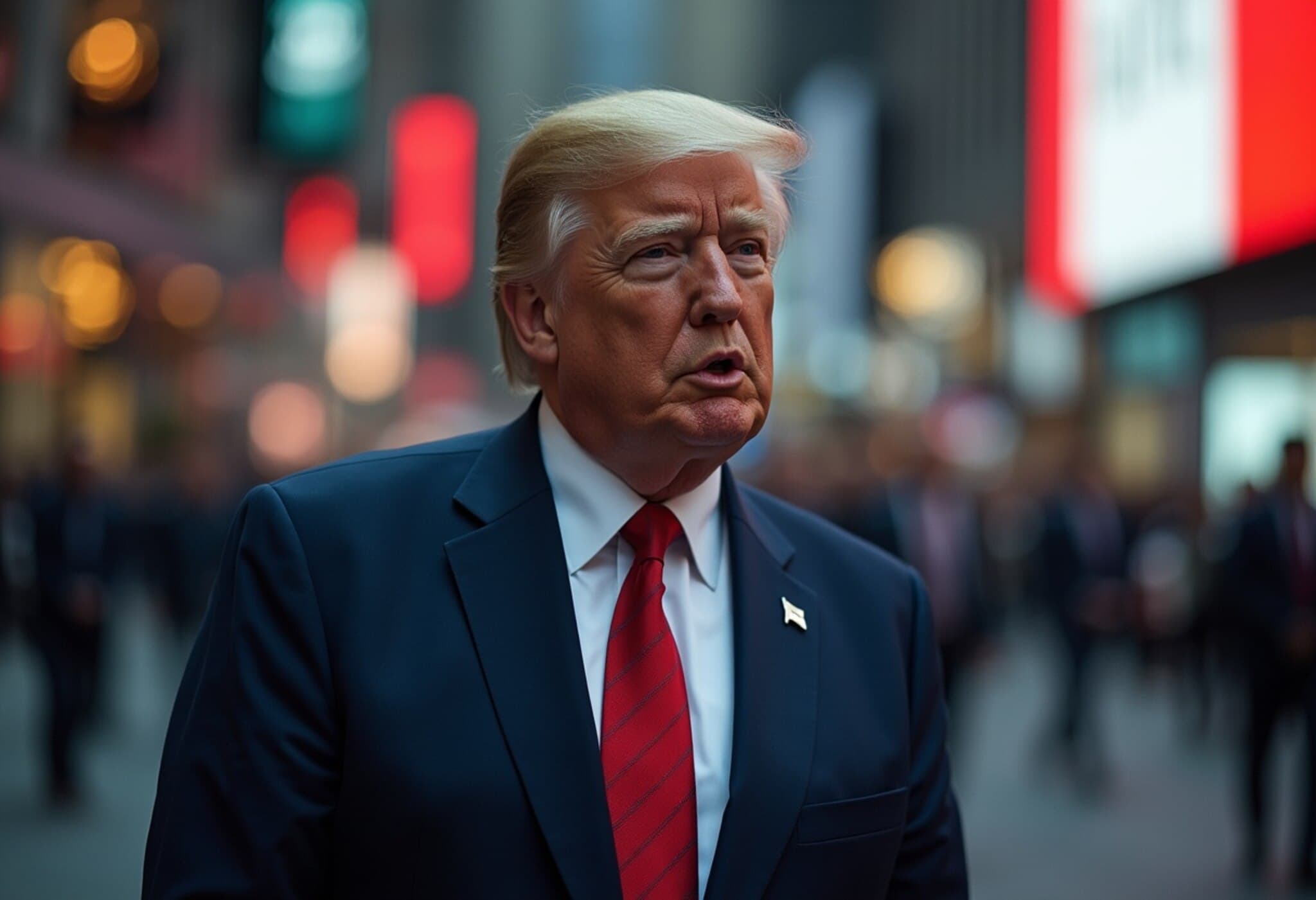Trump Unveils Major Shift in U.S.-Azerbaijan Defense Ties
In a significant foreign policy development, former U.S. President Donald Trump announced on August 8, 2025, that existing restrictions on defense cooperation between the United States and Azerbaijan have been officially lifted. The announcement came during a historic trilateral meeting at the White House in Washington, D.C., attended by Azerbaijani President Ilham Aliyev and Armenian Prime Minister Nikol Pashinyan.
Breaking the Ice in a Complex Region
The lifting of these restrictions marks a notable pivot in U.S. engagement with the South Caucasus, a region long characterized by geopolitical tension, especially between Azerbaijan and Armenia. Traditionally, U.S. policy has maintained a cautious distance, wary of exacerbating discord in the volatile Nagorno-Karabakh conflict zone. By removing barriers on defense collaboration, Washington signals a strategic recalibration that could reshape the balance of power.
Details Still Emerging but Stakes Are High
While the formal announcement highlighted the significance of the policy change, details regarding the scope of defense cooperation remain scarce. Analysts speculate that this could encompass increased military training, joint exercises, arms sales, intelligence sharing, or logistical support – all tools designed to deepen bilateral ties and promote security objectives aligned with U.S. interests.
Implications for Regional Stability and U.S. Interests
This move may carry profound implications for regional stability, especially given the delicate ceasefire arrangements following recent clashes between Azerbaijan and Armenia. For Washington, fostering stronger defense ties with Baku could serve as a counterbalance to Russian and Iranian influence in the South Caucasus, regions where U.S. strategic leverage has traditionally been limited.
Moreover, enhancing cooperation with Azerbaijan aligns with broader American goals of securing energy corridors and countering terrorism threats emanating from the Caucasus and Central Asia.
Expert Insight: Balancing Act in Caucasian Diplomacy
Dr. Emily Carter, a senior analyst in U.S. foreign policy at the Center for Strategic Studies, notes, "This decision reflects an attempt to engage more actively in a region that has often been relegated to the sidelines. However, Washington must tread carefully to avoid alienating Armenia or escalating regional tensions. The true test will be how this policy shift translates on the ground and whether it contributes to durable peace or fuels competition."
Underreported Dimensions: What Lies Beneath?
- Humanitarian Aspects: How will this defense cooperation affect civilian populations in contested areas?
- Arms Race Risks: Could increased military aid trigger a new arms buildup in the region?
- Diplomatic Signals: What message does this send to other regional powers, especially Russia and Iran?
- Domestic U.S. Politics: How might this move reflect or influence internal debates over America’s role overseas?
Looking Ahead: A New Chapter or Continued Uncertainty?
As the dust settles from this announcement, all eyes will be on future developments. Will this step foster meaningful cooperation and stability, or will it become another episode in the complex interplay of Caucasus geopolitics? The coming months will be critical to observe how Azerbaijan and the United States navigate this newly unshackled defense partnership.
Editor’s Note
This announcement underlines a growing trend of the U.S. reevaluating its engagement strategies in post-Soviet spaces, where geopolitical stakes are increasingly high and complex. Our coverage will continue to follow the unfolding consequences of this policy shift, especially its impact on peace efforts and regional dynamics. Readers are encouraged to consider not just the headlines, but the deeper narrative about America's evolving role on the global stage.


